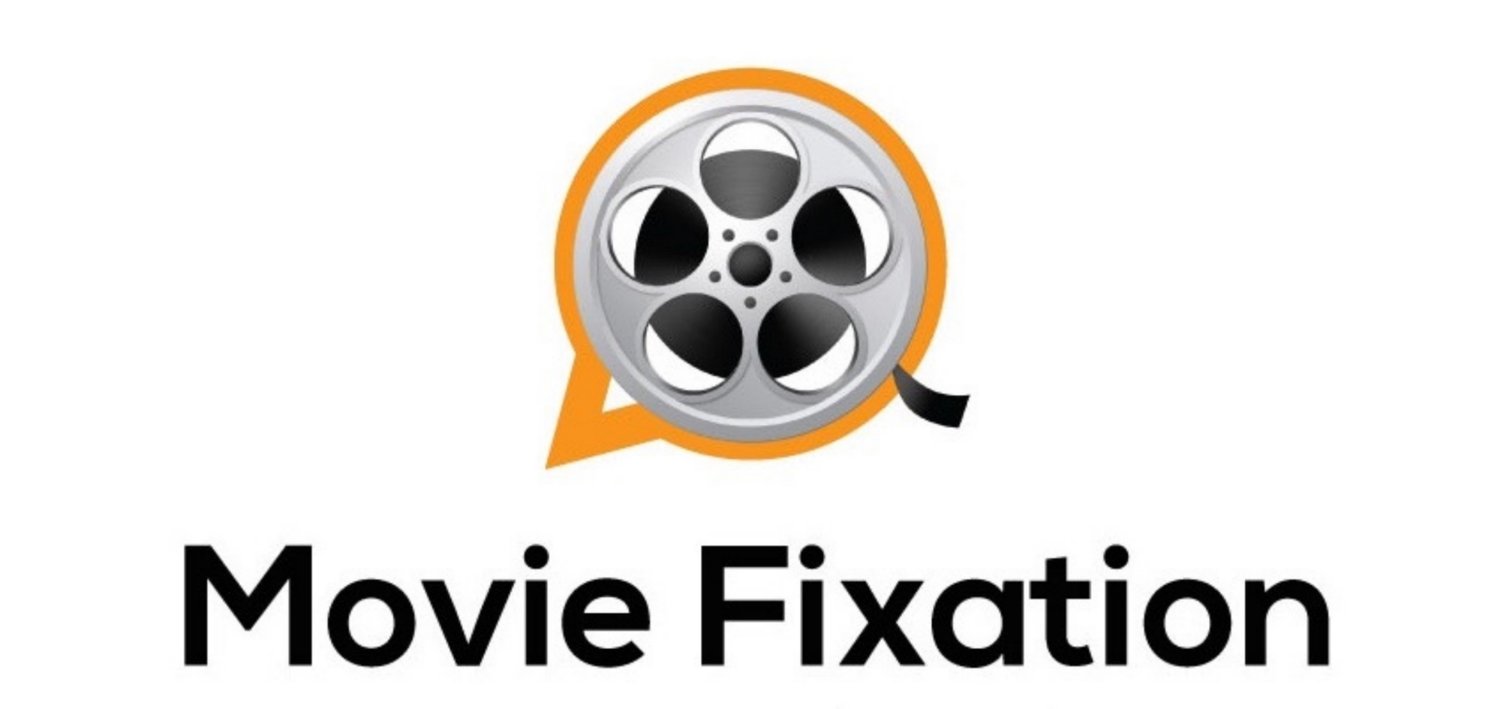The Brainwashing of My Dad is quite literally a documentary about director Jen Senko’s father. She begins by describing her dad as a fun-loving, caring and generous man. Unfortunately for everyone around him, all of that began to disappear one day. Senko’s mother says she noticed a change after the family moved to Maryland. She says that’s when her husband began listening religiously to talk radio. He’d listen by himself, in his car, every day during his long commute to and from work. That's when things started to change.
What starts as a documentary about the hateful and angry transformation of one man, turns into the story of how conservative media came into existence, and it doesn’t stop there. Senko explores the conservative resurgence of the Nixon years, the rise of Roger Ailes (CEO of Fox News), the Reagan revolution, the birth of talk radio and ultimately, the inception of Fox News and its effect on national media.
Personally, I would consider myself somewhat informed when it comes to politics and such. I grew up in the Nation’s Capital where local news is national news and politics bleeds into everything. Plus, I’ve been interested in the media and how it affects people for some time (I run a couple websites / blogs), so I thought I had a decent grasp of things like the birth of Fox News and political propaganda, but I was mistaken. Jen Senko connected some dots for me that I didn’t even know existed before watching this film. For example, I wasn’t aware of the Powell Memo or the repeal of the Fairness Doctrine, but after watching this documentary I’m well aware of the implications these documents had, and continue to have, on American society.
The Brainwashing of My Dad isn’t just the story of one woman’s father, but the story of many. In fact, ultimately, it’s the story of all of us. When misinformation goes national, it’s hard to get your facts straight and when your facts affect your politics (i.e. voting practices), it’s dangerous for everyone. This is the story of media manipulation.
The interviews with subject matter experts such as Noam Chompsky and David Brock were terrifyingly enlightening, however, I liked the personal stories Senko included in the film (which had been submitted to her by regular Americans) best. She incorporates these throughout her documentary and they illustrate all too well the enormous reach of manipulative media. Each of these stories were submitted via Skype, so the video is a bit grainy, but not distractingly so. While I enjoyed this part of the film, I would have preferred to see these people interviewed in person. I felt they had more perspective to offer.
In all honesty, I didn't expect this documentary to move me, but it reached me on an emotional level. Jen Senko tapped into the disappointment of lost time and the frustration of being openly bamboozled. I thought I was up to speed on all this stuff, I really did, but Senko schooled me. I didn't know the particulars that led up to the explosion of conservative media. All I knew was that it happened. All I saw was misdirected hate and blatant misinformation. Jen Senko opened my eyes a little wider with this film and I came away with a better understanding of just how easily we (yep, all of us) are manipulated by the media. This isn't theory; this is cause and effect illustrated in one excellent documentary. If you consume media in any form--If you reading this right now, the answer is likely yes--you're going to want to watch The Brainwashing of My Dad. You might already be aware of all this stuff, including all the details, but considering the current political climate and upcoming election, maybe it's time for a refresher. You can catch this in theaters (limited release), on Video On Demand services including iTunes, Google Play, Amazon Instant Video, or through your cable company's On Demand services.
The Brainwashing of My Dad - B+
B+ = Give this one a go for sure. You will most likely enjoy it and if / when it comes on cable, you will probably watch it through to the end, regardless of your starting point.




